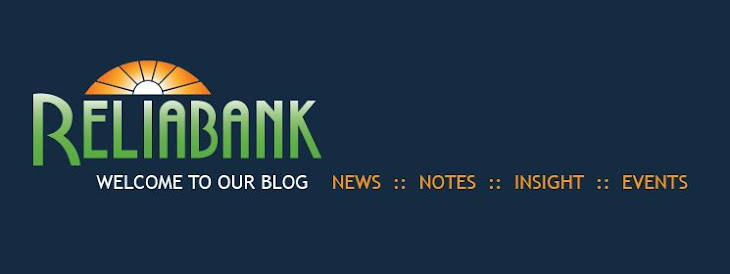
At one time or another, we’ve all been taught how to properly endorse a two-party check. Endorsing a check means to sign the back of it in order to cash it, deposit it or sign it over to someone else. Learning to endorse a check is an important early lesson in personal finance. Typically, when endorsing a two-party check to deposit into your account, we’ve all been told to write “for deposit only to account #12345”.
Nowadays, with the threats of identity theft and stolen account numbers, this may not be such a good way to endorse a check. Think about it, someone writes you a check for a product or service you provided, say you sold your car. So you take that check to your bank and want to deposit it. You endorse it by writing “for deposit only to account #12345” on the back of the check. (The person’s check who you may not even know that well!) When that person receives their cancelled checks in a statement they will now have your account number and your signature.
The best way to endorse it would be to simply put “for deposit only” and then your signature.
We know there are many other ways for thieves to get your bank information, but this is one simple thing that can easily be done as an ounce of prevention.
Nowadays, with the threats of identity theft and stolen account numbers, this may not be such a good way to endorse a check. Think about it, someone writes you a check for a product or service you provided, say you sold your car. So you take that check to your bank and want to deposit it. You endorse it by writing “for deposit only to account #12345” on the back of the check. (The person’s check who you may not even know that well!) When that person receives their cancelled checks in a statement they will now have your account number and your signature.
The best way to endorse it would be to simply put “for deposit only” and then your signature.
We know there are many other ways for thieves to get your bank information, but this is one simple thing that can easily be done as an ounce of prevention.

